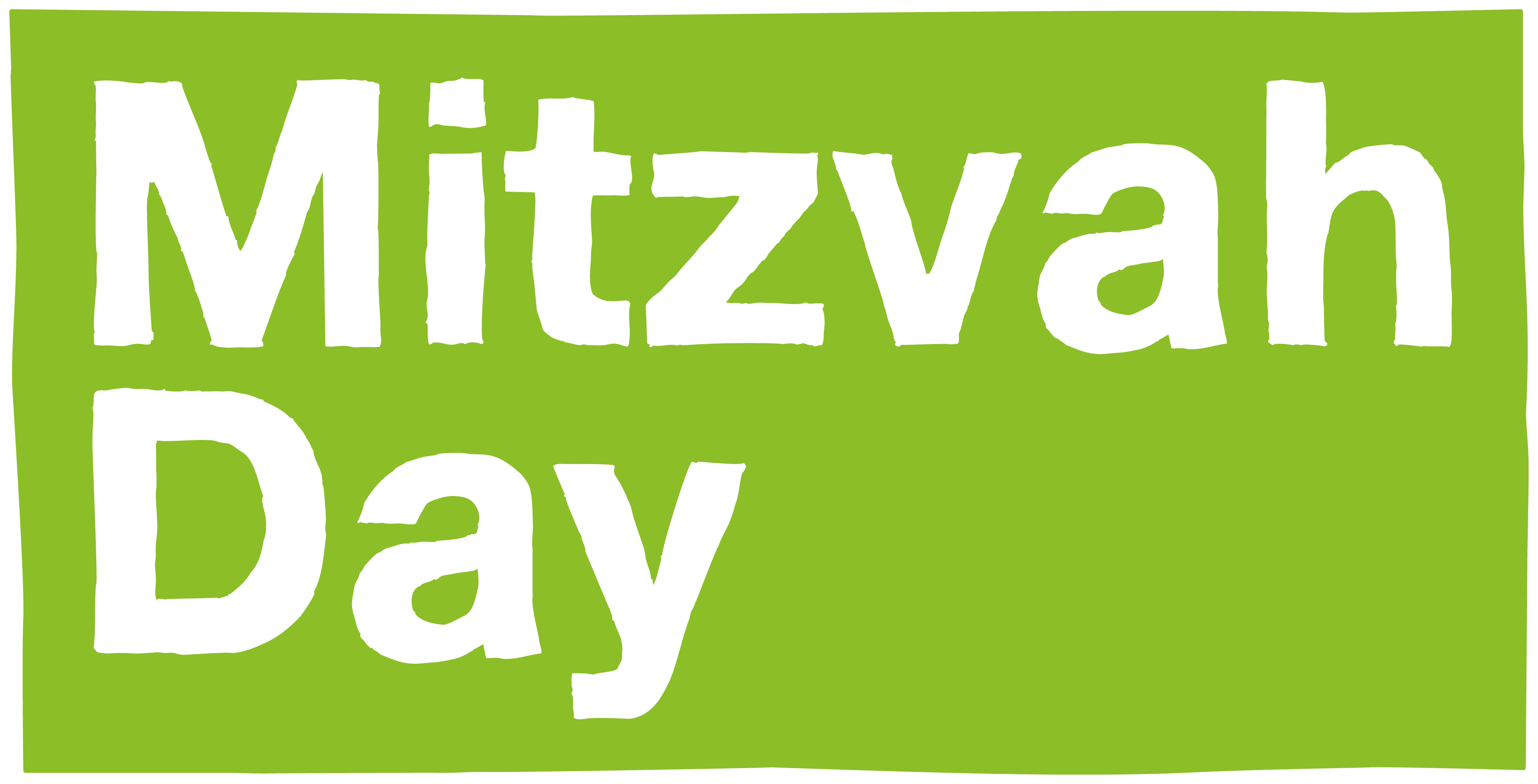Scope & Purpose
Scope
This policy is intended to support staff and trustees to understand their roles and responsibilities in safeguarding adults. All staff and trustees are expected to follow this policy. Copies of this policy are available on request and staff and trustees should be made aware of how this policy can be accessed.
Regarding the safeguarding of children, Mitzvah Day does not run any events for children independently and accordingly is not required to put in place a policy related thereto.
From Mitzvah Day 2023 onwards, when signing up to participate in Mitzvah Day, all coordinators and partners who register will be asked to confirm that they have policies in place that are consistent with this policy or that they have read and will follow the principles of, this policy in connection with any involvement with Mitzvah Day. For this purpose, where we have referred to “staff” or “trustees” coordinators and partners should include themselves and their volunteers or employees (if any).
Safeguarding Adults
All adults should be able to live free from fear and harm. An adult may be unable to protect themselves from harm or exploitation due to many reasons, including their mental or physical incapacity, sensory loss, or physical or learning disabilities. This could be an adult who is usually able to protect themselves from harm but may be unable to do so because of an accident, disability, frailty, addiction, or illness.
Mitzvah Day adheres to following the six key principles that underpin safeguarding work (as set out in Care Act guidance)
- Empowerment
- Prevention
- Proportionality
- Protection
- Partnership
- Accountability
Safeguarding Duties
The Care Act sets out that adult safeguarding duties apply to any adult who:
- has care and support needs; and
- is experiencing, or is at risk of, abuse and neglect; and
- is unable to protect themselves from either the risk of or the experience of abuse or neglect, because of those needs.
Safeguarding Lead
The responsible person for safeguarding duties for Mitzvah Day (the “Safeguarding Lead”) is David Ginsburg (davidjgins@gmail.com). If the safeguarding concern regards the Safeguarding Lead, please inform the Chair, Laura Marks CBE laura@mitzvahday.org.uk.
All staff and volunteers should contact the Safeguarding Lead with any concerns or queries related to safeguarding adults.
The Safeguarding Lead will be responsible for:
- Maintaining a log of any safeguarding concerns raised;
- making decisions about notifying adult social services if required and considering alternative actions, where necessary;
- ensuring that the safeguarding adults’ policies and procedures are in place and up to date;
- promoting a safe environment for staff and volunteers and adults accessing any service from Mitzvah Day; and
- ensuring that they are up to date with their safeguarding adult’s training.
Safeguarding Concerns
Mitzvah Day staff and trustees who have any adult safeguarding concerns should:
Respond
- Take emergency action if someone is at immediate risk of harm/in need of urgent medical attention: Dial 999 for emergency services.
- Get brief details about what has happened and what the adult would like done about it, but do not probe or conduct a mini-investigation.
- Seek consent from the adult to take action and report the concern. Consider whether the adult may lack the capacity to make decisions about their own and other people’s safety and well-being. If you decide to act against their wishes or without their consent, you must record your decision and the reasons for doing so.
Complaints Procedure
Mitzvah Day promotes transparency and honesty when things go wrong. All staff and trustees should apologise and be honest with the relevant people when things go wrong. If an employee or trustee is unhappy with Mitzvah Day’s decision about a safeguarding concern, then the employee must speak to the safeguarding lead.
Mitzvah Day is committed to ensuring that staff and volunteers who in good faith whistle-blow in the public interest, will be protected from reprisals and victimization, (Please refer to Mitzvah Day’s Whistleblowing Policy).
Mitzvah Day is aware that decisions on behalf of adults with care and support needs and unable to make decisions for themselves will require consideration of the Mental Capacity Act 2005 (refer to the Mental Capacity Act Code of Practice).
An advocate will need to be appointed if the person lacks the capacity to make decisions about the safeguarding concern. It may be difficult for adults with care and support needs to protect themselves and to report abuse.
Confidentiality
Confidentiality & Information Sharing
Mitzvah Day expects all staff and trustees to maintain confidentiality at all times. In line with data protection law, Mitzvah Day does not share information if not required. It should however be noted that information should be shared with authorities if an adult is deemed to be at risk of immediate harm.
Recruitment
Recruitment & Selection
Mitzvah Day is committed to safe employment. Safe recruitment practices, such as Disclosure and Barring checks reduce the risk of exposing adults with care and support needs to people unsuitable to work with them.
Training
Mitzvah Day ensures that all staff and trustees receive basic awareness training on safeguarding adults, if they may come across adults with care and support needs who may be at risk of abuse. Those adults may report things of concern to staff who should be equipped with the basic knowledge around safeguarding adults and be confident to identify that abuse is taking place and action is required. All staff and trustees should be clear about Mitzvah Day’s commitment to safeguarding adults.
Types of Safeguarding
Types of Safeguarding Adult Abuse
The Care and Support statutory guidance sets out the main types of abuse:
- Physical abuse
- Neglect or self-neglect
- Sexual abuse
- Psychological
- Financial abuse
- Discriminatory
- Organisational
- Domestic violence
- Modern Slavery
